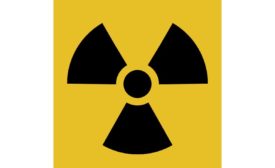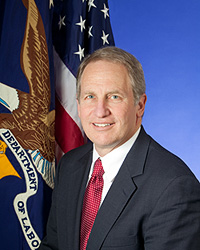News
Injured nuclear workers finally had support. The Trump administration has mothballed it.
An advisory board of scientists, doctors and worker advocates helped ensure that nuclear workers exposed to toxins received proper compensation. The terms of nearly all board members expired last month — and no new members have been appointed.
March 13, 2018
A Confined Space blog post
OSHA to employers who violate the recordkeeping rule: No problem!
March 12, 2018
NSC to employers: Your workers may be especially tired on Monday
As daylight saving time begins, NSC urges organizations to invest in worker sleep health
March 9, 2018
Become a Leader in Safety Culture
Build your knowledge with ISHN, covering key safety, health and industrial hygiene news, products, and trends.
JOIN TODAYCopyright ©2024. All Rights Reserved BNP Media.
Design, CMS, Hosting & Web Development :: ePublishing








